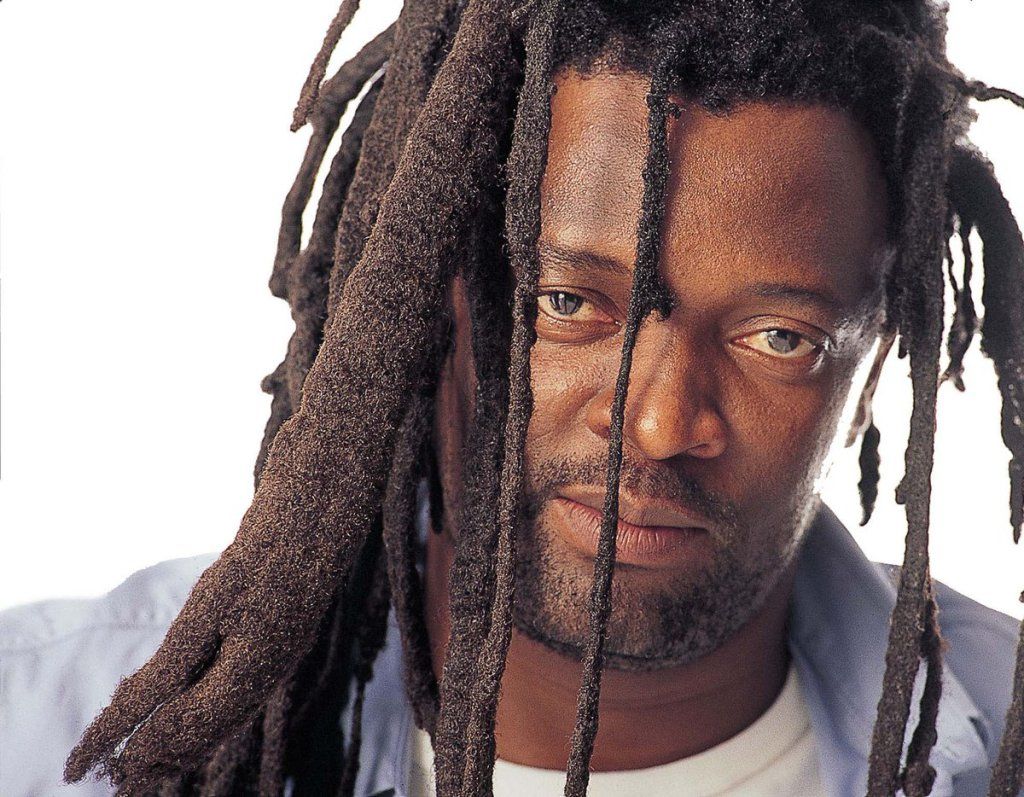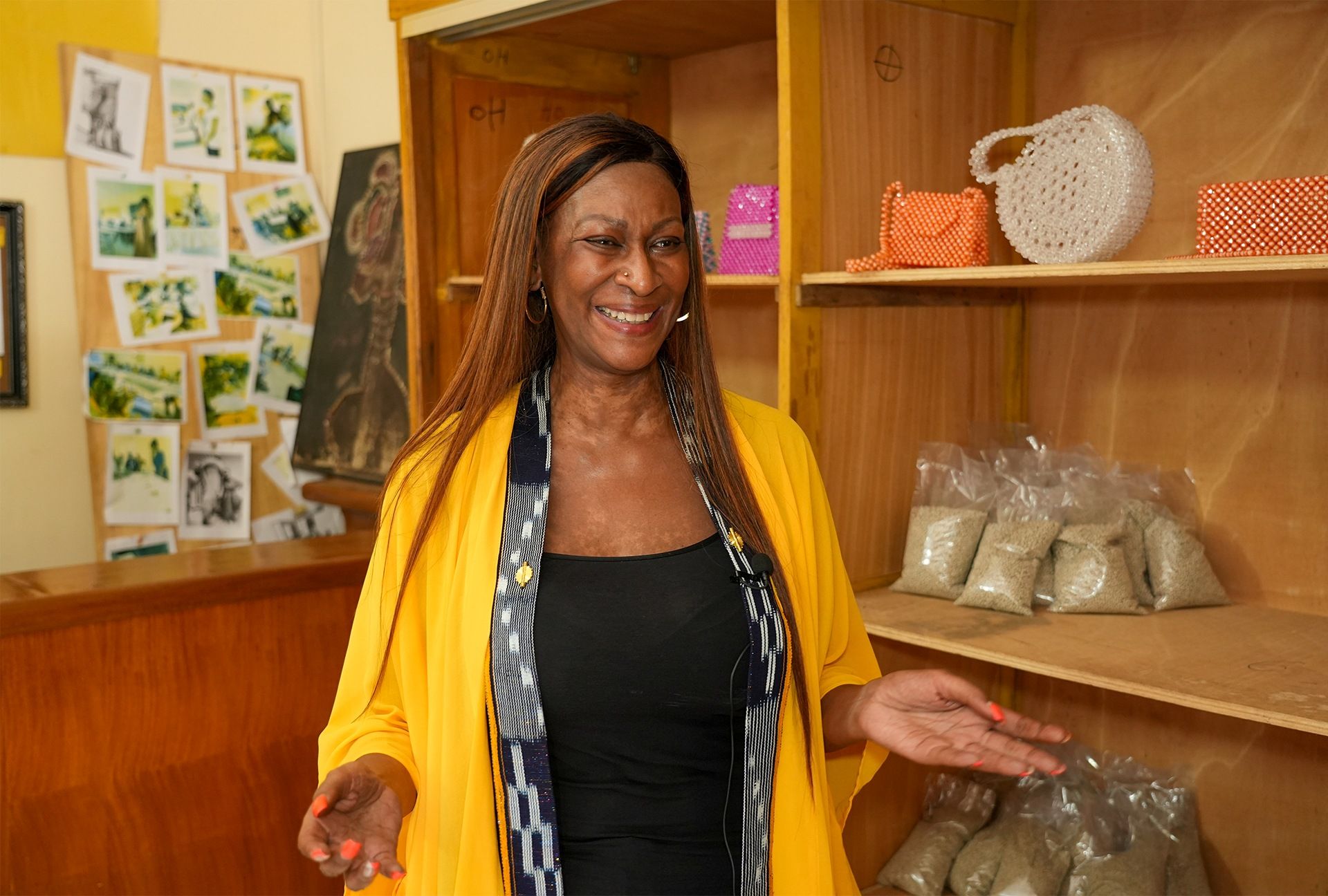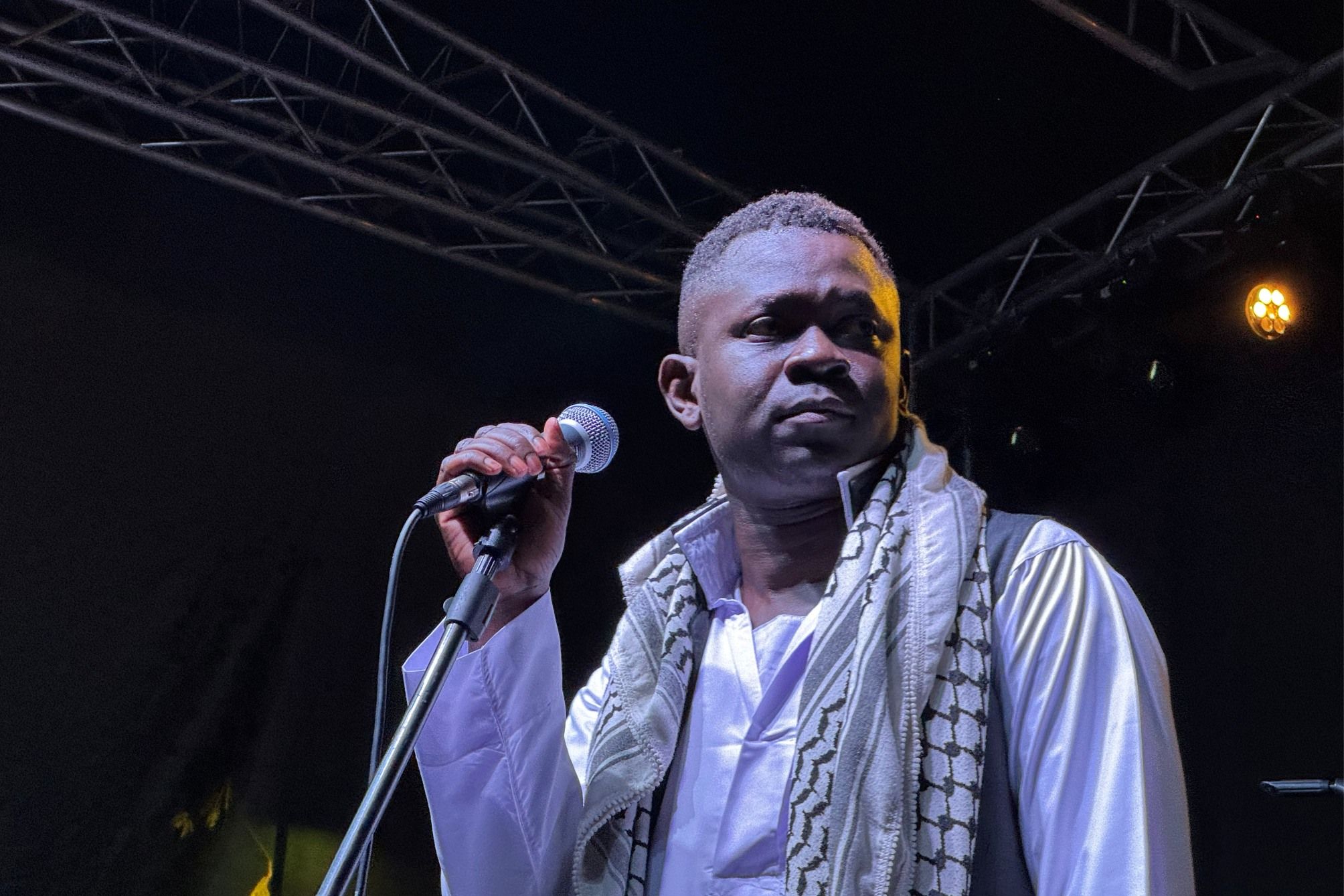It’s the evening of the last Saturday of the month. The day before, HR did the ting and my phone dinged with a bank notification. I’m now relaxing at this joint my friends and I frequent; the table before us has just been cleared of mbuzi choma and in the background, the DJ is shuffling some music. Amidst absurd stories and laughter, we sip our drinks.
Then, from the speakers comes the opening drum beats of Lucky Dube’s Back to My Roots; Tra-du-du-duum-Tra-du-du-duum. And immediately, as if we’d rehearsed, the whole squad joins in, ‘I went to a party, the other night…’
Now, normally, I’m what I call a fantasy dancer. That is, I dance mostly in my head and the moves I make—wewee, somebody call the firefighters! Only on two conditions do I join the dance floor without hesitation. When I’m tipsy. When reggae music comes on. And right now, Smirnoff has made my head and feet feel lighter than a feather; I’m already on the dance floor, jumping and swaying and marching and singing along. In my mind’s eye, I’m wearing army fatigues, Lucky Dube style.
Could you possibly, could you, could possibly rewind and come again? Okay, let’s run this piece from the beginning.

The first reggae song I fell in love with was Lucky Dube’s Crazy World. Considering it now, I’m not surprised that I liked Lucky Dube first, over any of my elder brothers’ favourites (Bob Marley’s and Culture’s). Beyond the groovy beats, which is the first thing I love about the reggae genre, Culture’s songs, and even Bob Marley’s, mostly have abstract lyrics that my young self didn’t have the patience to grapple with. Oh, but Lucky Dube’s.
In Dube’s voice and song lyrics I, at 13 years old, somehow sensed an aching yearning to belong, to be accepted and loved. Years later, learning more about him confirmed this. Born in 1964, in South Africa, Dube was raised by his grandmother, his father having walked out before he was born and his mother having relocated to look for work. He had to do odd jobs earlier on in life to support his grandmother and siblings. Re-listening to his music with this biographical information in mind, it’s easy to see why his songs strike a chord with millions all over the world. They are honest and brave.
His songs, most of which are narrative, fired, and still fire, my imagination. The imagery in these lines from Crazy World has always stayed in my mind:
'Come on now little boy, say your prayers before you sleep. Little boy went down on his knees, and he said, "Oh Lord, now I lay me down to sleep, I pray the Lord my soul to keep, and if I die before I wake, I pray the Lord my soul to take." 'Cause he's living in this crazy world, oh Lord.’
Singing these lines now, it’s hard not to picture Palestinian, Ukrainian, and Sudanese children who have to endure the cruelty of war. It breaks the heart.
Most of my favourite songs of his are those that seem biographical. Think About the Children, The One, Oh My Son (I'm Sorry), Remember Me, Love Me (The Way I Am), and Hold On. All of them tackle the emotions and challenges of bringing up children in poverty and in families with one parent absent. And, above all the musicians I have experienced, Lucky Dube has my respect and admiration for how he mostly tackled the issues from the child’s perspective. He wrote his music from the heart (out of the 22 albums he produced in his lifetime, he didn’t participate in the writing of only the first album), he sang them from the heart, and he performed them from the heart.
In a 1992 interview with Reggae Makossa TV, he eloquently put it this way, ‘...the stage keeps me happy. I’m happy when I’m on stage... I don’t think of anything, you know, all I think about is the people and the music and the vibe.’ This interview took place at the Sunsplash Reggae Festival.
The year before, 1991, was the first time Lucky Dube performed in Jamaica, the birthplace of reggae, and he had won over the crowd with his vibrant stage performance. For the first time since the 1930s, when the genre began, the Reggae King crown rested on a non-Jamaican head. It is said that leading to the 1992 Sunsplash festival, Culture set out to bring the crown back to Jamaica. And so, in the 1992 festival, Culture, led by the sensational Joseph Hill, came out in military fatigues, as Lucky Dube had done the year before.
But Lucky Dube wasn’t a reggae artist from the beginning of his music career. He had joined his cousin’s band, The Love Brothers, that played Zulu pop music, Mbaqanga. With six albums under their belt, between 1981 and 1987, they were successful and popular in South Africa.
In 1986, Dube released two Afrikaans albums. But before this, he had released a reggae mini album in 1984, Rastas Never Die, that tanked. His reaction to this poor performance was not to revert to the comfortable Mbaqanga, but to write more reggae music.
When asked about his switch to reggae, in 1989 Reggae Strong Interview before his first US tour, he stated that he was a man with a message, and his listeners had become complacent with Mbaqanga. He needed something fresh, something vibrant, something that would command people's attention. He found it in reggae music.
‘I’m gonna play reggae for the rest of my life because that's the only kind of music that makes me happy. That's the only kind of music that I can express my feelings to my people, and on behalf of my people... I am reggae and reggae is me.' The words Lucky Dube closed that interview with. This is a passion I try to emulate in my creative endeavours; to allow myself to be consumed in an idea, to always put my whole heart into everything I do. Every worthwhile art takes brave honesty. I learn and relearn this whenever I listen to a Lucky Dube song.
Unfortunately, on 18th October 2007 in a Johannesburg suburb, while dropping off his two children at their uncle’s home, Lucky Dube was killed by armed robbers. But his vibrant reggae still plays on.
The DJ has moved on to some other genre. My feet are getting heavier.
Reggae music is the music of my childhood, youth and now, adulthood. But that's not why I have to join the dance floor when reggae comes on. I join the dance floor because the vibrancy in the reggae beats is impossible to resist. And because with reggae, there’s no strict dancing style. You only have to feel the music. Jump, march, sway, tremble, stand still, any way you feel irie.
***
Here’s a Spotify playlist of some of my top favourite Lucky Dube songs. I've tried to arrange the songs such that they tell a kind of story. A story centred around themes that seemed important to Lucky Dube, based on interviews and because he kept coming back to them.



